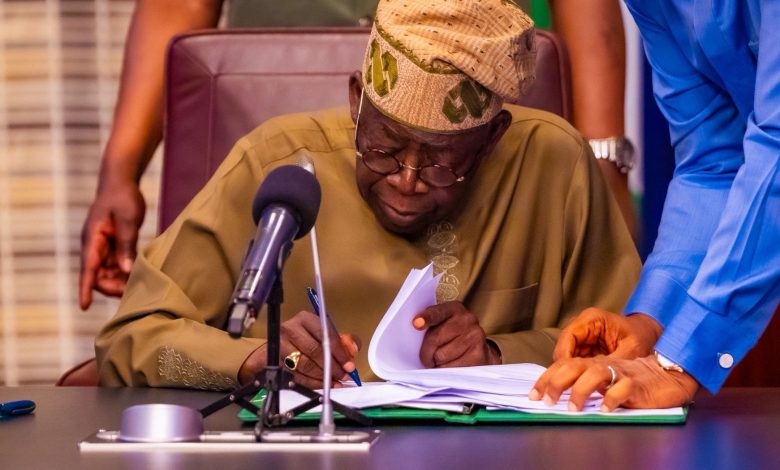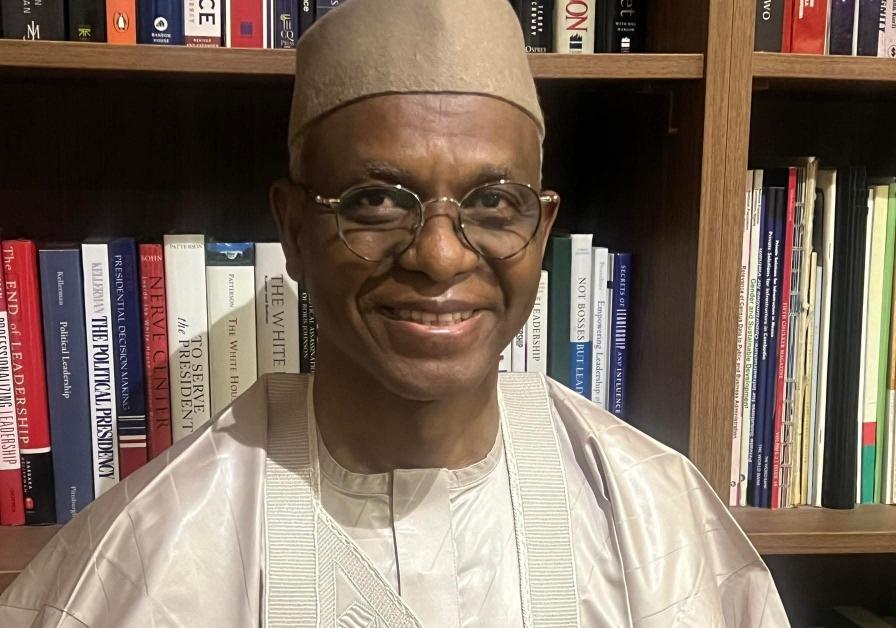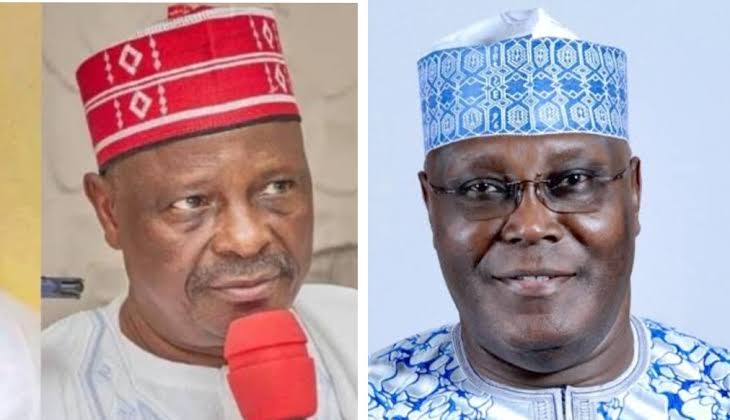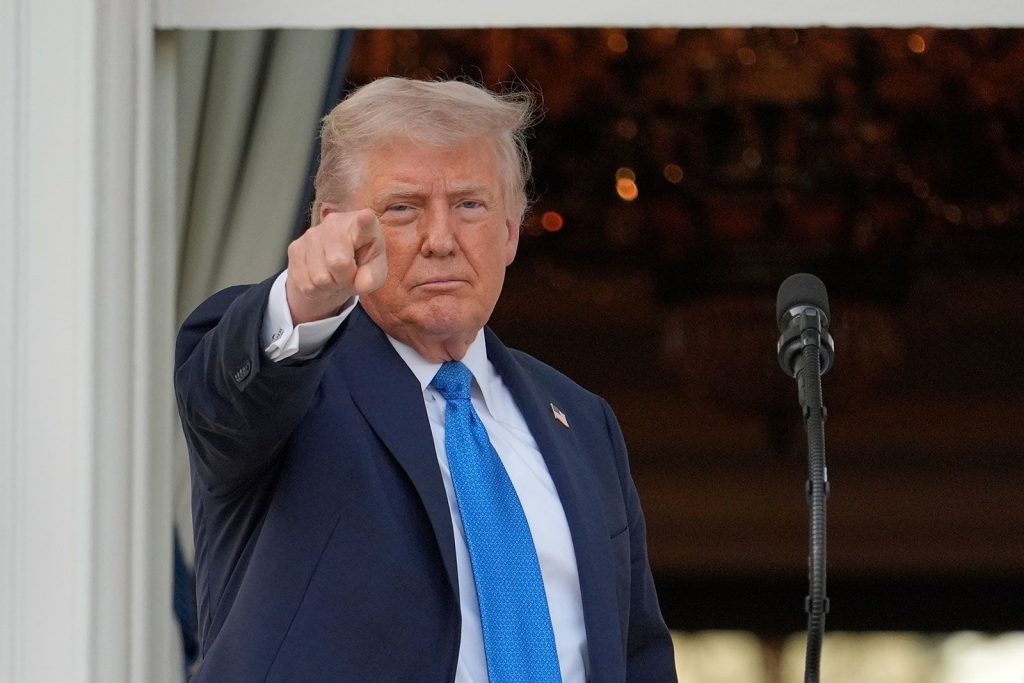Economy
ADC Criticizes Tinubu Administration Over Escalating Debt Crisis

July 27, 2025- The African Democratic Congress (ADC) has strongly criticized the Tinubu administration’s fiscal policies, accusing it of worsening Nigeria’s debt crisis.
In a press statement released today, the opposition party expressed deep concern over the approval of an additional $21 billion in foreign loans.
The ADC has warned that Nigeria’s public debt may exceed ₦200 trillion by December.
This shocking projection has ignited intense scrutiny of the government’s fiscal policies.
Mallam Bolaji Abdullahi, ADC’s National Publicity Secretary, condemned the excessive borrowing as “fiscal vandalism.”
He accused the APC of recklessly endangering Nigeria’s future while failing to stimulate meaningful economic development.
Additionally, the party criticized the National Assembly for inadequate loan oversight.
ADC leaders described lawmakers as “rubber stamps” enabling executive excesses. Such negligence has raised serious concerns about deteriorating governance standards and vanishing accountability.
The statement emphasized that unchecked borrowing threatens national stability.
ADC demands immediate fiscal reforms to prevent complete economic collapse.
Nigerians deserve transparent leadership that prioritizes sustainable growth over destructive debt accumulation.
As public anxiety grows, the party vows to continue exposing financial mismanagement.
ADC urges citizens to reject policies that burden future generations with unsustainable obligations.
This debt crisis requires urgent, collective action to safeguard Nigeria’s economic future
Debt Levels at Historic Highs
The ADC highlights Nigeria’s escalating debt under successive APC administrations.
As a result, public debt surged from ₦12.6 trillion in 2015 to over ₦149 trillion in 2025.
Additionally, external borrowing alone exceeded $35 billion within the last decade.
Moreover, the ADC emphasizes that President Tinubu’s borrowing has significantly increased compared to his predecessor, Muhammadu Buhari.
Consequently, both economists and citizens share deep concerns regarding this unsustainable trend.
Abdullahi notes that Buhari borrowed ₦4.7 trillion annually, which already raised national alarms.
However, Tinubu’s administration now borrows ₦49.8 trillion each year—a staggering tenfold increase within just two years.
This reckless borrowing threatens Nigeria’s financial stability and burdens future generations.
Furthermore, while Tinubu’s debt seems smaller in dollars ($1.7 billion versus Buhari’s $4.15 billion), the naira’s sharp devaluation worsens its real impact.
The ADC warns that unchecked borrowing poses significant risks of long-term economic disaster.
“When converted to naira, Tinubu’s foreign borrowing amounts to ₦25.5 trillion every year, far exceeding Buhari’s annual average of ₦2.2 trillion,” Abdullahi added. This disparity underscores the challenges posed by currency devaluation and its effect on debt servicing.
Economic Impact and Mismanagement
The ADC accused the government of mismanaging borrowed funds, pointing to deteriorating infrastructure, underfunded universities, ill-equipped hospitals, and unreliable electricity supply.
Abdullahi stated that reckless borrowing occurs year after year without a repayment plan or productive use.
Consequently, this behavior will burden our children with debts they neither incurred nor benefited from.
Such mismanagement has eroded public trust and worsened economic hardships for ordinary Nigerians.
Moreover, the party emphasized warnings from Nigeria’s Small Business Owners Association regarding Tinubu’s excessive borrowing.
This borrowing stifles growth, forcing small businesses to face severe credit shortages.
Meanwhile, foreign investors are rapidly exiting Nigerian markets, creating additional economic challenges.
Alarmingly, debt servicing now consumes over 60% of national income, leading to higher taxes and reduced public budgets.
As a result, this crisis traps citizens in a cycle of worsening poverty and economic decline.
Immediate action is essential to restore trust and promote sustainable growth for Nigeria’s future.
Call for Transparency and Reform
In its statement, the ADC demanded a full audit of all loan agreements signed by the APC government over the past decade.
The party called for transparency regarding loan terms, interest rates, payment schedules, and beneficiaries.
“Nigerians have a right to know the terms under which their future is being sold,” Abdullahi stated.
This demand for accountability reflects growing public frustration with opaque financial practices.
The ADC urged President Tinubu to abandon what it described as “fiscal recklessness” and instead focus on meaningful economic reforms.
“Borrowing to cover policy failures must come to an end,” the statement concluded.
“We call on this administration to invest wisely and spend responsibly.”
Such reforms are essential to restore economic stability and ensure sustainable growth for Nigeria.
Nigeria’s Debt Crisis and the Call for Reform
As Nigeria struggles with rising debt and economic instability, the ADC and other opposition groups are demanding greater accountability.
They insist on sustainable fiscal policies to stabilize the nation’s finances.
While the impact of these demands remains uncertain, the increasing criticism highlights a critical need for action.
Without reforms, Nigeria’s economic challenges may worsen, jeopardizing future growth.
The ADC’s persistent advocacy reflects growing public frustration over financial mismanagement.
If leaders fail to act, economic recovery will remain out of reach for ordinary Nigerians.
Ultimately, decisive measures must replace empty promises to secure a stable economic future.
The time for accountability and responsible governance is now.
.
For Diaspora Digital Media Updates click on Whatsapp, or Telegram. For eyewitness accounts/ reports/ articles, write to: citizenreports@diasporadigitalmedia.com. Follow us on X (Fomerly Twitter) or Facebook












